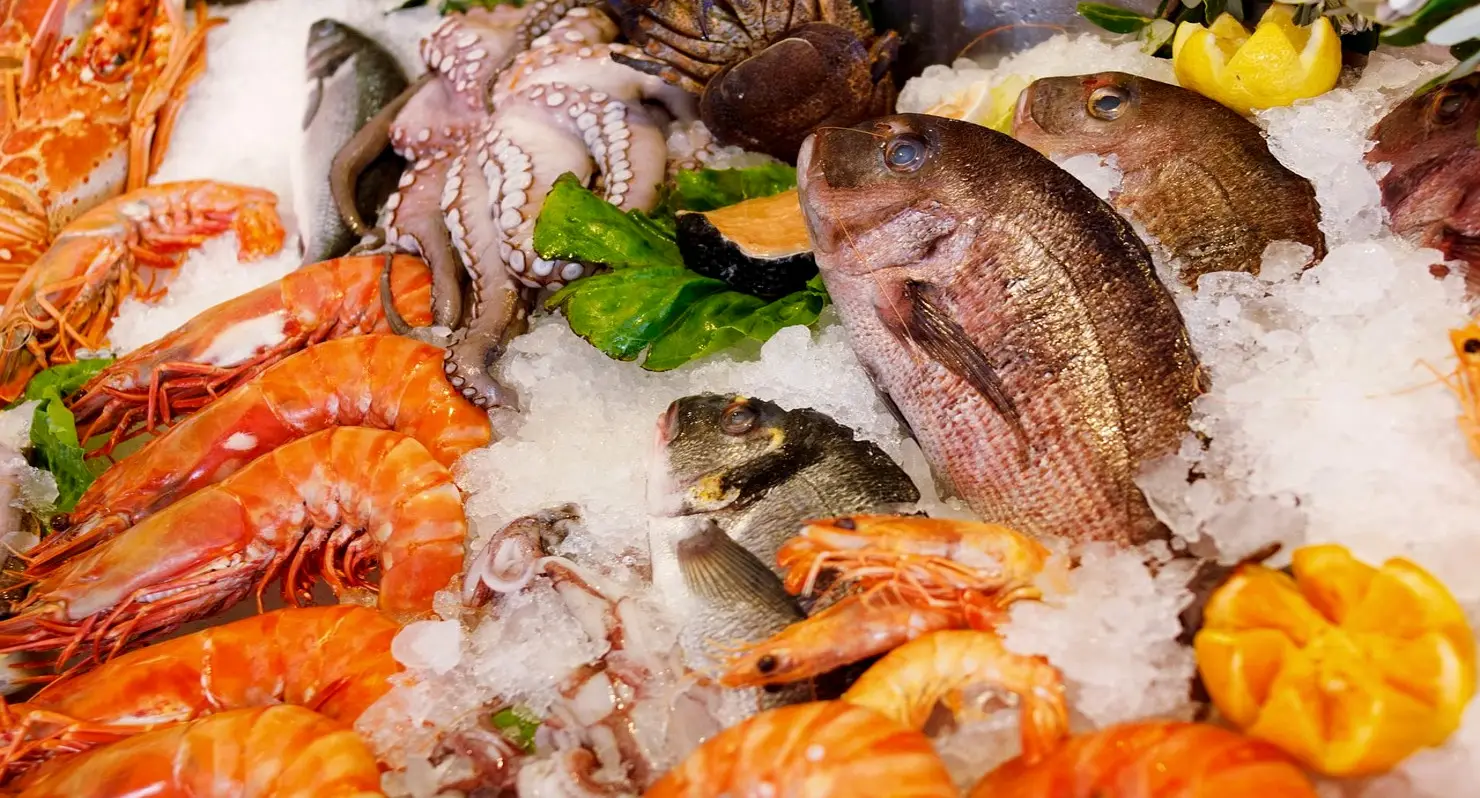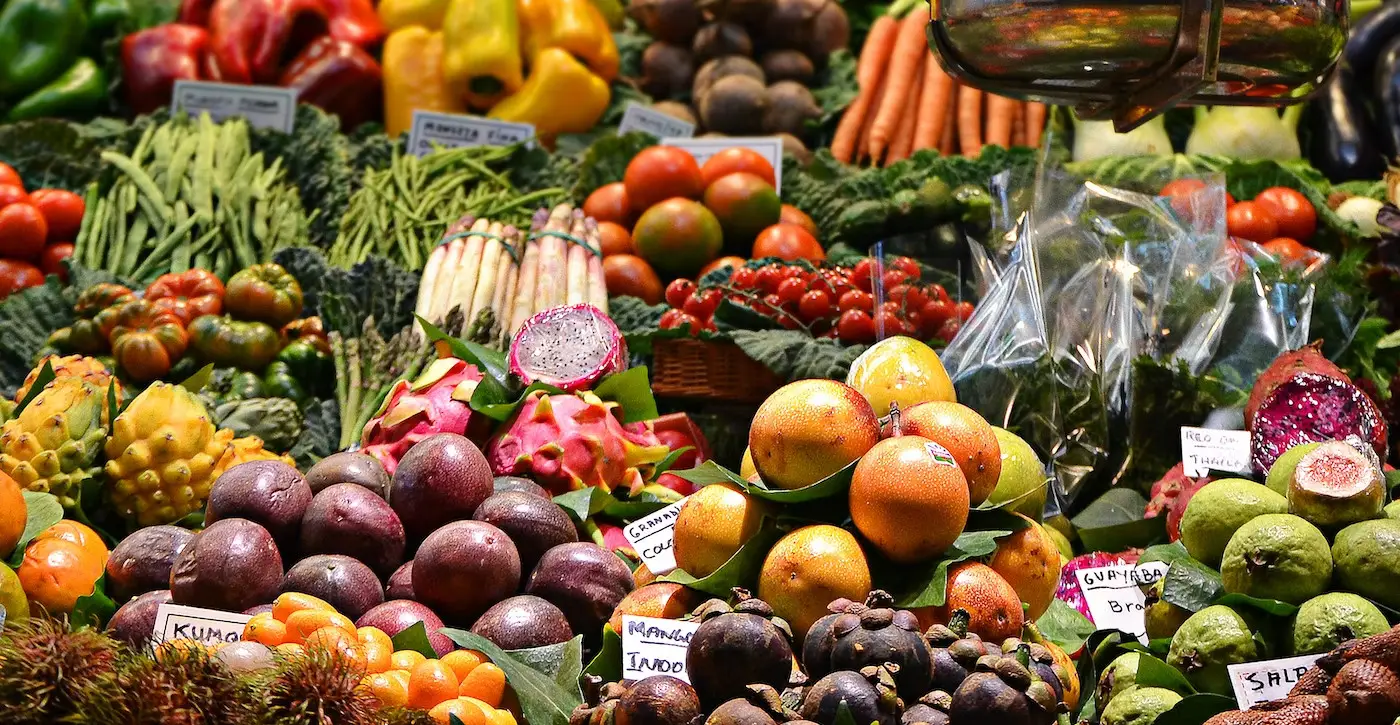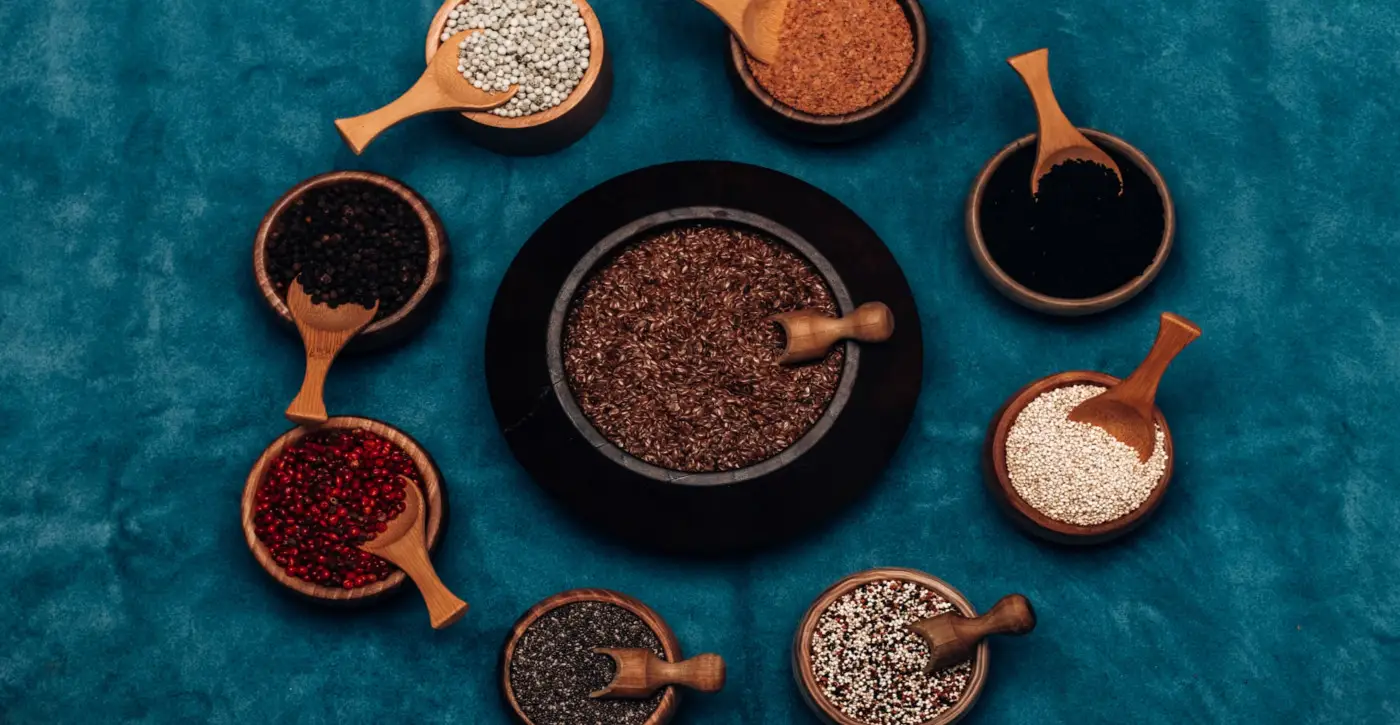Shrimp Lysine and Arginine Info Sheet
Overview
Shrimp are a type of crustacean that have a long, curved, and segmented body and a hard, transparent shell.They are usually cooked by boiling, frying, or grilling.
Shrimp are a good source of protein, selenium, iodine, and vitamin B12.
They are also low in fat and calories, but high in cholesterol.
They may also contain contaminants such as mercury, antibiotics, or pesticides, so they should be consumed in moderation and from reputable sources.
| Name | Lysine (mg/100g) | Arginine (mg/100g) | Ratio |
|---|---|---|---|
| Shrimp | 1765mg | 1776mg | 0.993 |
Shrimp contains 1765mg of Lysine and 1776mg of Arginine per 100g of product.
This means Shrimp has a neutral Lysine-Arginine ratio of 0.993.
Because Shrimp has a neutral ratio of lysine and arginine, it does not have a significant impact on people who suffer from herpes, as it does not affect the viral activity.
Lysine Considerations
Shrimp are a good source of lysine, an essential amino acid that is important for collagen synthesis, immune function, and calcium absorption.
Lysine also helps prevent cold sores and herpes outbreaks.
Lysine can help prevent or treat cold sores, which are blisters caused by the virus HSV-1, also known as herpes.
Lysine works by blocking the growth of HSV-1, which needs another amino acid called arginine to multiply and infect cells.
Lysine can only be obtained through diet, and can be found in a variety of high-protein foods like milk, cheese and yogurt, fish, eggs, meat and poultry.
Arginine Considerations
Shrimp are also a good source of arginine, another essential amino acid that is involved in nitric oxide production, wound healing, and blood vessel dilation.
Arginine may also improve erectile function, blood pressure, and cardiovascular health.
Arginine can improve your wellbeing and performance, such as lowering your blood pressure, healing your wounds, and boosting your exercise endurance.
Arginine can be made by the body or obtained from foods like meat, dairy, nuts, and soy.
Unfortunately, the herpes virus is known to "feed" on arginine, and having a diet higher in arginine than lysine may increase the occurrence and severity of cold sores and herpes outbreaks.
Lysine-Arginine Ratio
Shrimp have a slightly lower lysine-arginine ratio than prawns, which means they may slightly increase the risk of cold sore flare ups.
However, this effect is negligible and can be offset by consuming other lysine-rich foods.
The herpes simplex virus, which causes oral and genital herpes, needs arginine to multiply and infect cells.
Lysine, on the other hand, can interfere with the absorption of arginine in the intestine, and thus limit the availability of arginine for the virus.
By eating a diet higher in lysine than arginine, one may be able to prevent or treat herpes outbreaks.
Foods that have a high lysine-arginine ratio include milk and cheese, fish, poultry, fruits, and vegetables.
These foods can supply the body with sufficient lysine to compete with arginine and inhibit the virus from replicating and causing flare ups.
Dietary Considerations
Like most animal products, seafood is a good source of lysine and scarce in arginine.
Eating seafood can help boost the immune system and fight off herpes infections.
Seafood also contains iodine, selenium, and zinc, which are essential for thyroid function and skin health.
Oysters, shrimp, and snails are some of the seafood that have the highest lysine to arginine ratio.

For example:
Drinking enough water to keep yourself hydrated and remove toxins from your body.
Water can also help prevent dryness and irritation of the skin and mucous membranes, which can result in fewer outbreaks.
Consider taking l-lysine supplements, which can help prevent herpes outbreaks and stop a cold sore before it emerges by limiting the availability of arginine for the virus, which it requires to produce a cold sore.
Taking other food supplements that can improve your immunity and protect your cells from oxidative stress, such as vitamin C, zinc, selenium, and antioxidants.
Avoiding foods that can cause allergic reactions or sensitivities, such as gluten, dairy, nuts, eggs, or shellfish.
These foods can trigger inflammation and weaken your immune system, making you more susceptible to outbreaks.
Pain, swelling, and itching can be reduced by eating foods that have anti-inflammatory, antiviral, and antibacterial properties, such as honey, yogurt, aloe vera, and chamomile.
These foods can also help you heal faster by promoting tissue repair.
Check more food information






